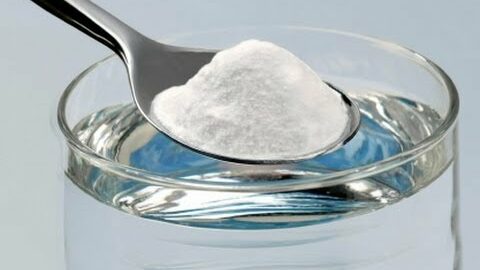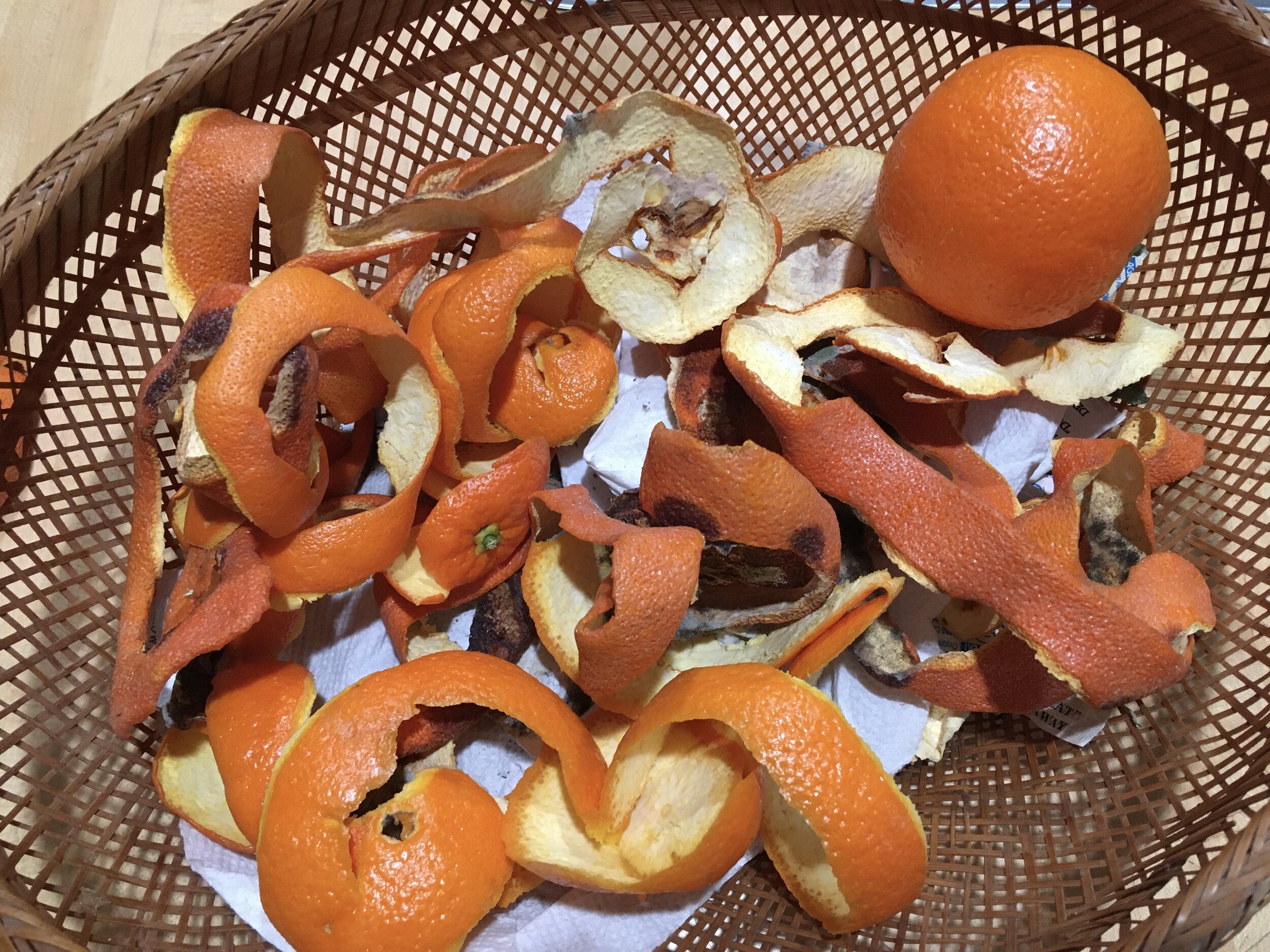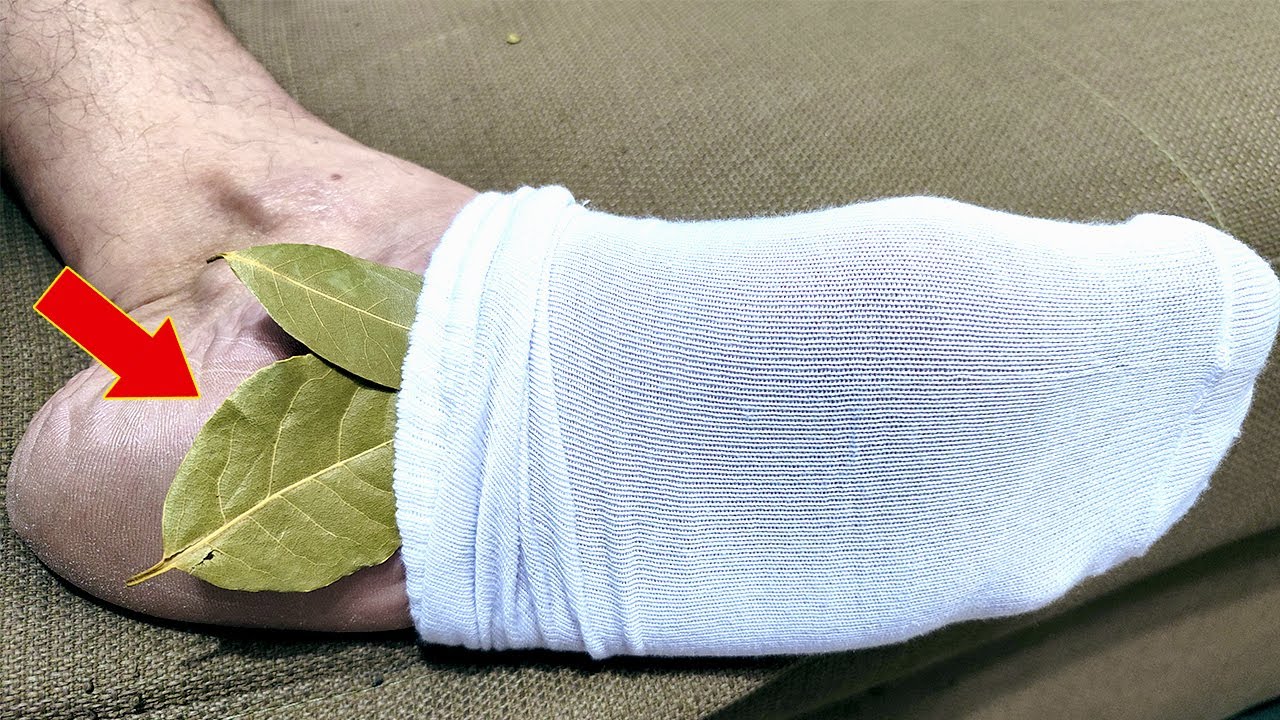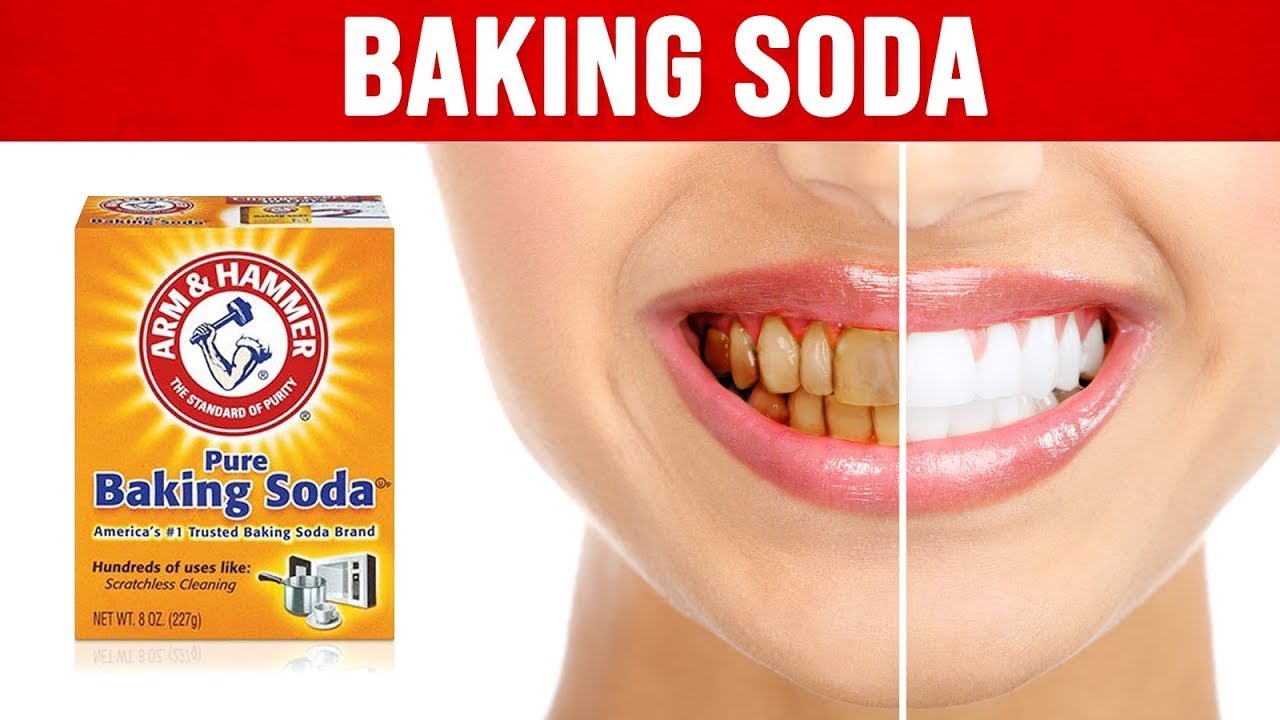
Baking soda, or sodium bicarbonate, is a common household ingredient that, beyond its culinary and cleaning uses, can offer several health benefits when ingested correctly. Here’s a guide on how to safely use baking soda to improve your health, including potential benefits and important precautions to consider.
Health Benefits of Drinking Baking Soda
1. Neutralizes Stomach Acid Baking soda is a natural antacid. When dissolved in water, it can help neutralize stomach acid, providing relief from heartburn and indigestion.
2. Enhances Athletic Performance Some studies suggest that drinking baking soda can enhance athletic performance, especially during high-intensity exercises. It helps reduce muscular fatigue by counteracting the lactic acid produced during physical activity.
3. May Improve Kidney Function For those with chronic kidney disease, who often suffer from acidosis (excessive acidity in the blood), baking soda can help to manage the pH level of the blood, potentially slowing the progression of the disease.
4. Alleviates Urinary Tract Infections Baking soda can help alleviate urinary tract infections (UTIs) by making the bladder environment more alkaline, which makes it less hospitable for bacteria that cause infections.
How to Use Baking Soda for Health
Ingredients:
-
1/2 teaspoon of baking soda
-
A glass of water (about 200 ml)
Instructions:
-
Dissolve the Baking Soda: Add 1/2 teaspoon of baking soda to a glass of water. Stir well until fully dissolved.
-
Drink on an Empty Stomach: It’s recommended to drink this mixture on an empty stomach for optimal benefits, particularly if you’re using it to treat symptoms like heartburn or indigestion.
-
Frequency: Limit the intake to a maximum of once or twice a day, and only for short periods (1-2 weeks).
Precautions and Side Effects
-
Sodium Content: Baking soda is high in sodium, which can lead to increased blood pressure and other cardiovascular problems if consumed excessively.
-
Interaction with Medications: Baking soda can interact with certain medications, including prescription drugs for heart disease and high blood pressure. It can also affect the absorption of some medications.
-
Not Suitable for Everyone: People with conditions like high blood pressure, edema, liver disease, kidney disease, or those on a sodium-restricted diet should avoid consuming baking soda without consulting a healthcare provider.
-
Risk of Overuse: Excessive use of baking soda can lead to serious electrolyte and acid/base imbalances. It can cause hypernatremia (high levels of sodium in the blood) and hypokalemia (low levels of potassium in the blood), which may result in complications such as muscle weakness and cramps.
Conclusion
While drinking baking soda dissolved in water can offer several health benefits, it is crucial to use it cautiously and under the guidance of a healthcare professional, especially if you have underlying health conditions or are taking medications. As with any remedy, natural or not, the key is moderation and proper usage to ensure safety and effectiveness.




